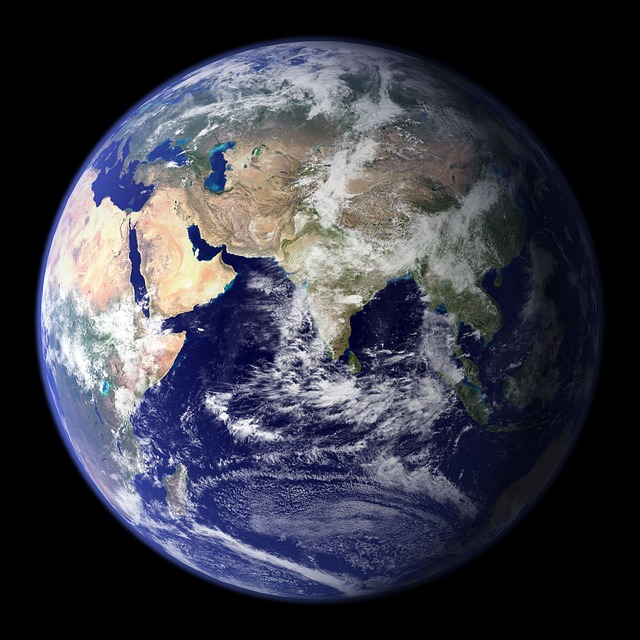For now, life is flourishing on our oxygen-rich planet, but Earth wasn't always that way – and scientists have predicted that, in the future, the atmosphere will revert back to one that's rich in methane and low in oxygen.
Research published in 2021 suggests that this oxygen-rich period may not be a permanent feature of Earth's history. The study indicates that within the next billion years, a rapid deoxygenation event could occur, leading to an atmosphere dominated by methane, akin to the Archaean Earth.
This change would mark the end of oxygen-dependent life, including human civilisation, unless we develop the means to leave our planet.
The researchers utilised complex models of Earth's biosphere, taking into account the Sun's increasing luminosity and the subsequent decline in carbon dioxide levels due to heightened heat breaking down the gas. With lower CO2 levels, photosynthetic organisms such as plants would dwindle, resulting in a drastic drop in oxygen production.
Previous predictions had suggested that escalating solar radiation would evaporate Earth's oceans in about 2 billion years, but this new model, based on nearly 4,00,000 simulations, reveals that the depletion of oxygen will precede the loss of surface water and prove more immediately fatal to life as we know it.
To reach their conclusions, the researchers ran detailed models of Earth's biosphere, factoring in changes in the brightness of the Sun and the corresponding drop in carbon dioxide levels, as the gas gets broken down by increasing levels of heat. Less carbon dioxide means fewer photosynthesizing organisms such as plants, which would result in less oxygen.
